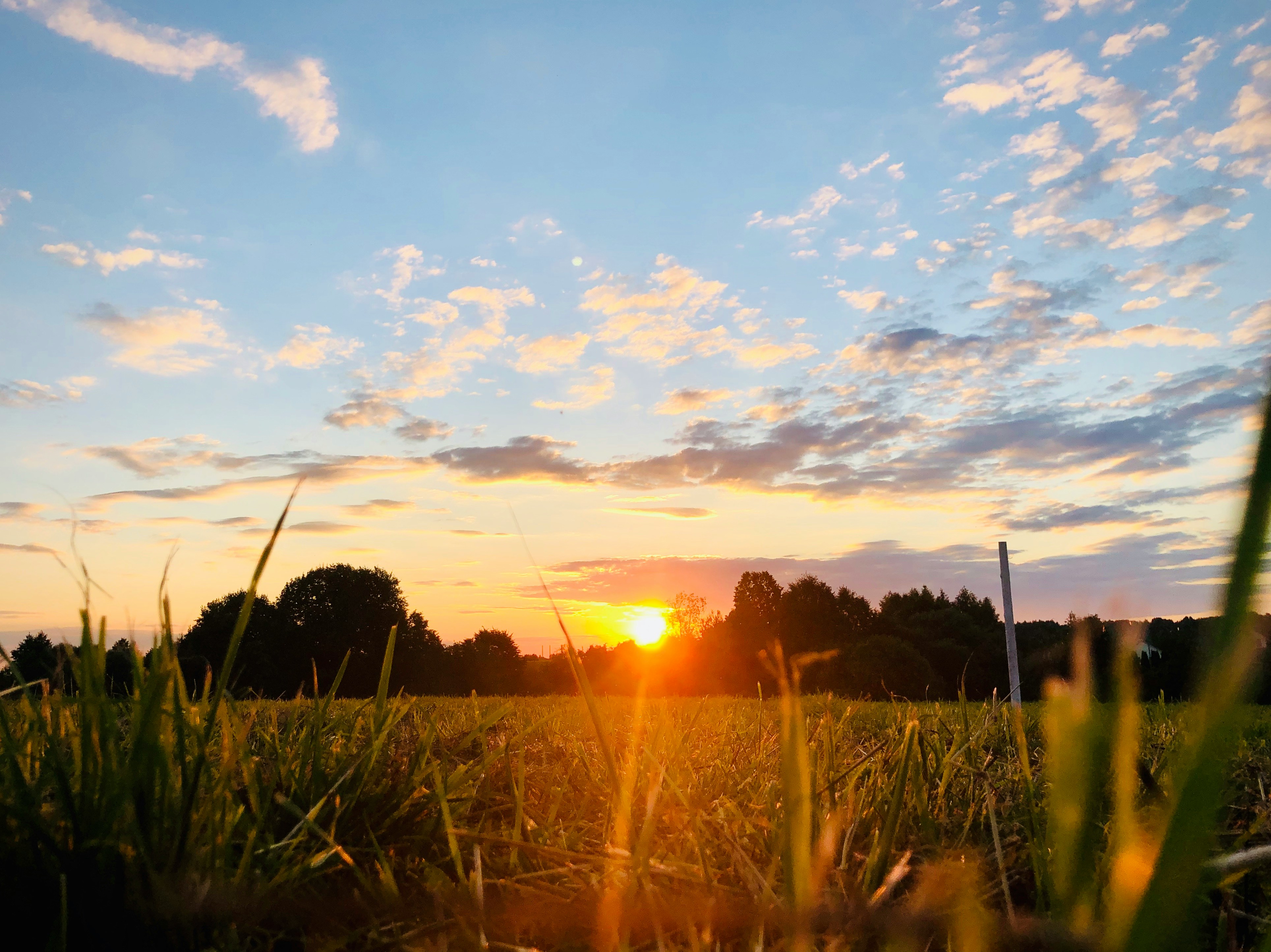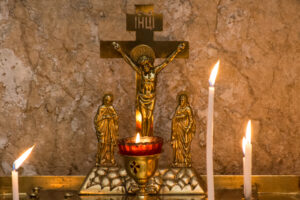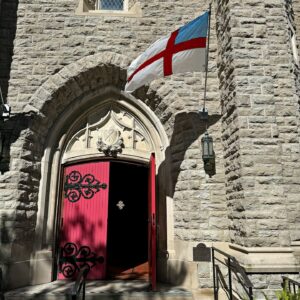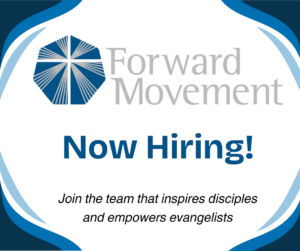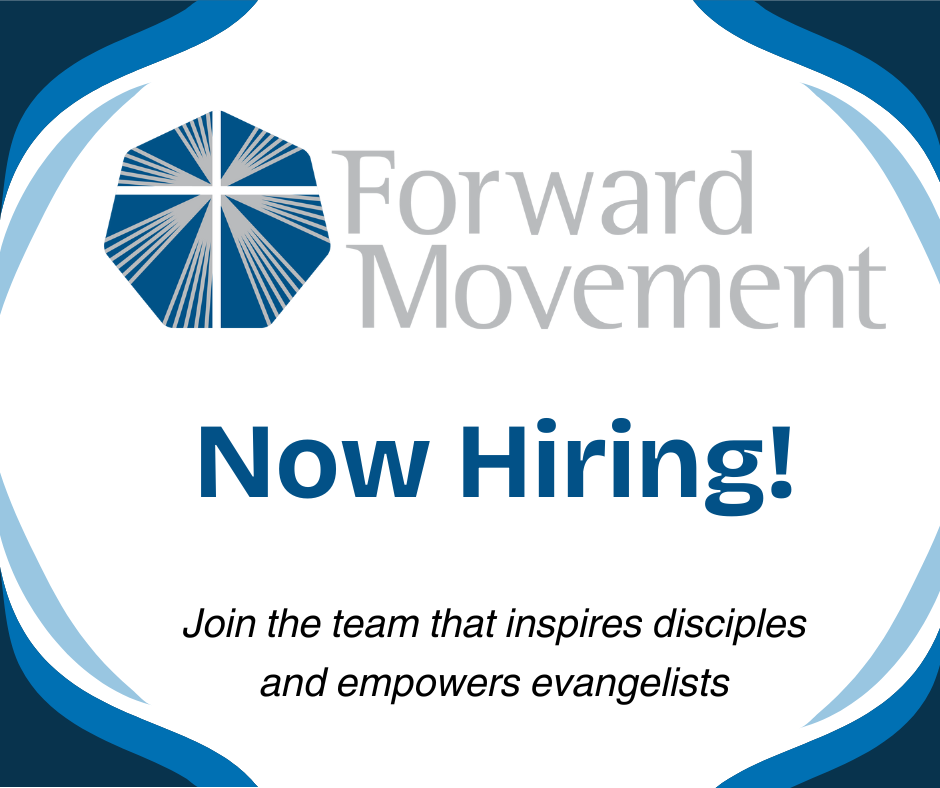 Dear friends in Christ,
Dear friends in Christ,
One of the things I love about the Gospel according to St. John is that there are a couple of places where the evangelist speaks directly to us, the reader. It’s a bit like in a play or a TV show when one of the characters speaks directly to the audience, breaking the “fourth wall.” The effect can be electrifying, and it’s no different when we run across these moments as we read the Gospel.
This Sunday’s assigned Gospel reading has a moment like this. After describing the appearance of Jesus to his disciples after the resurrection, the evangelist writes: “Now Jesus did many other signs in the presence of his disciples, which are not written in this book. But these are written so that you may come to believe that Jesus is the Messiah, the Son of God, and that through believing you may have life in his name.”
Wow! The evangelist meant for us, today, to inspire us so that we might believe. A couple of months ago when I read my way through the New Testament, I was struck afresh by the importance the scriptures place on our beliefs. Believing in Jesus is a big deal, essential, even!
Too often I hear Episcopalians say things like, “you can believe anything you want” or “we don’t have doctrine in our church.” That’s dangerously wrong. While our church does welcome a wide range of theological and social views, we do have core teachings! And we welcome questions, though too we can offer some answers!
Ponder the Gospel for this Sunday (John 20:19-31). Notice how St. Thomas isn’t quite sure, so he is brave enough to name is doubts and questions. But then when Jesus offers assurance, he is just as quick to profess belief and to praise his Lord.
If you have doubts or questions, raise them! But then be ready to read the scriptures, to hear testimony from fellow Christians, and to experience the Holy Spirit.
At a time when the world seems especially challenging, belief in the power of God in Jesus Christ can change your life—giving you peace, strength, wisdom, courage, and confidence to share the love of God in word and deed.
Let us all pray, as the scriptures teach us, “I believe; help my unbelief!”
Yours faithfully,

Scott Gunn
Executive Director
More from our ministry:
Celebrate Easter all season long with Scott’s Easter devotional
Explore the scriptures with this Bible Challenge: A Journey with John
Hear from Scott at this church growth conference from The Living Church
Pray with us throughout Eastertide: prayer.forwardmovement.org




